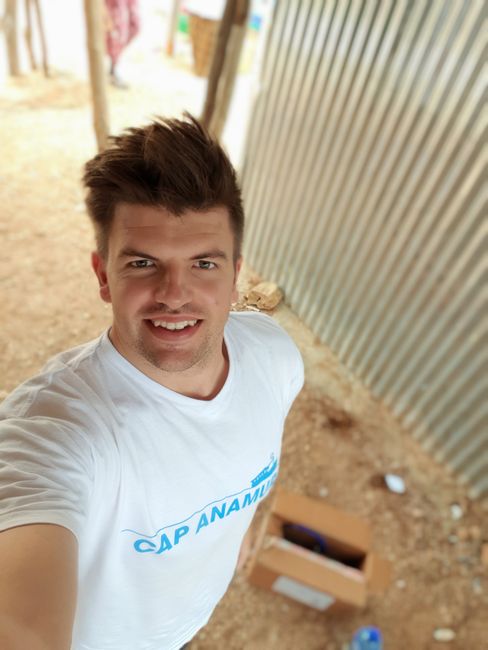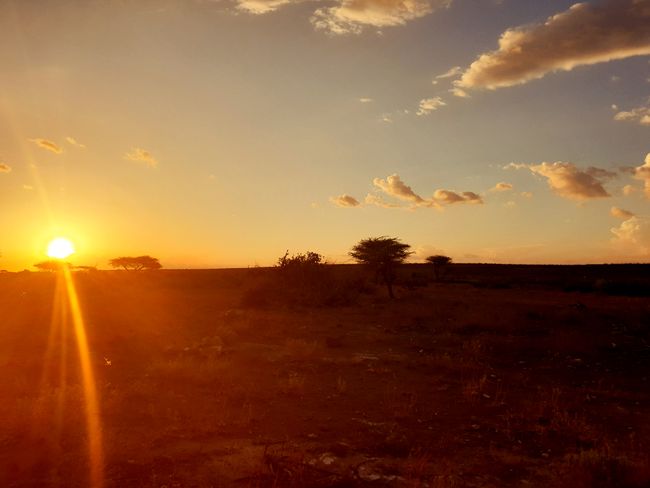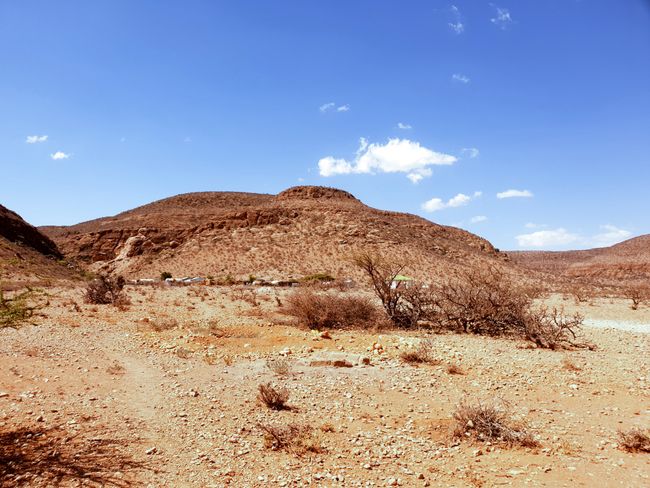Hoping for rain
Diterbitkeun: 12.10.2018
Ngalanggan Newsletter
If you've been following the press landscape in the past few days, you can't have missed the Special Report by the IPCC, also known as the Intergovernmental Panel on Climate Change. In it, it states that 'rapid, far-reaching, and unprecedented changes across all society' are necessary to limit global warming to 1.5 degrees Celsius. Otherwise, we face increasing weather extremes such as droughts, heatwaves, heavy rainfall, or floods, and delicate ecosystems such as coral reefs or the Arctic could disappear completely.
Back in 1992, 13-year-old Severn Suzuki appealed to humanity in her speech at the World Climate Conference. But what has happened since then? Global CO² emissions have increased from 22 billion metric tons in 1990 to over 34 billion metric tons. Even our federal government has already abandoned its self-imposed climate protection goals for 2020 at the start of coalition negotiations. Instead, more SUVs are registered every year, and centuries-old forests are being deforested to continue mining lignite.
If everyone in the world lived and worked like in Germany, the world population would need three Earths.
If you've read this far, you may be wondering what all of this has to do with my stay in Somaliland. The answer is relatively simple. It is the people and animals here who are already affected by climate change today. Where 40 years ago gazelles grazed on fertile pastures, lions and other animals had their habitat, and rivers meandered through nature, today there are mostly dusty, dry land surfaces and dried-up riverbeds. With the absence of rain, not only the animals but also the people, most of whom still live as nomads, have lost their livelihoods. To this day, the country has not really recovered from the drought and the resulting famines. With each new rainy season, the people hope for abundant rain to adequately supply nature, animals, and humans.
All of these are prospects and problems that can also affect us in Germany if we continue to recklessly treat our world. Our common fate lies in the hands of each and every one of us.
#Alexinsomaliland
Ngalanggan Newsletter
Waleran (3)
Cornelia
Bin ganz deiner Meinung. Es liegt an jedem Einzelnen. Auf die Regierung dürfen wir nicht warten. Udo
Es hat mal einer gesagt (ich weiß nicht mehr wer) "Wenn die Menschen wüssten, dass in 30 Tagen die Welt untergehen würde, würden sie erst ab dem 29. Tag versuchen, etwas an ihrem bisherigen Verhalten zu verändern."
Hoffe, das war nur ein Pessimist und kein Realist.....Angie
Hier in den USA und mit unserem "tollen" Peesidenten ist das ja alles noch schlimmer. Deshalb ist es auch oft schwer hier zu leben....keine Mülltrennung, Benzinverbrauch ohne Ende, Energieverschwendung, Wasser billig wie nichts, .....das macht mich oft so wütend. Was zeigen wir unseren Kindern bei so einem egoistischen Verhalten!? Schön das du das so ansprichst!! 


